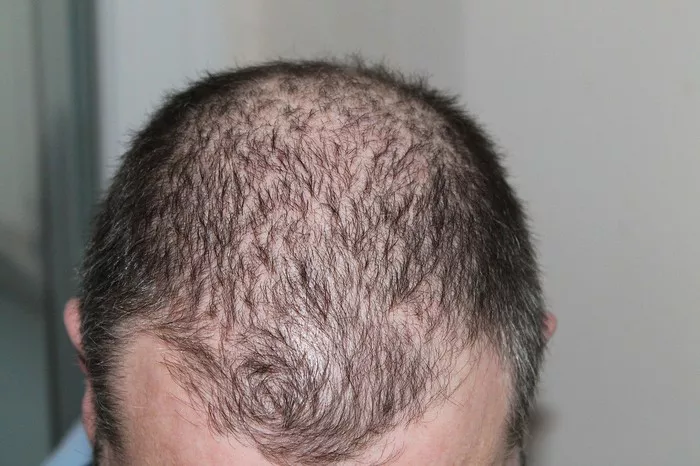Coping with cancer and its treatments can be a challenging journey, and one common concern for many patients undergoing chemotherapy is hair loss. In this article, we’ll delve into the intricate details of when hair loss typically begins during chemotherapy, what to expect, and strategies to manage this challenging aspect of cancer treatment.
The Onset of Hair Loss During Chemotherapy
The timing of hair loss during chemotherapy can vary depending on the specific drugs used, the dosage, and the individual’s unique response to treatment. Typically, hair loss begins within two to four weeks after starting chemotherapy.
Understanding the Mechanism
Chemotherapy drugs work by targeting rapidly dividing cells, including cancer cells. Unfortunately, hair follicles are among the fastest-growing cells in the body, making them vulnerable to the effects of chemotherapy. This results in hair thinning and eventual loss.
What to Expect When Hair Loss Begins?
Here’s what to expect when hair loss starts:
1. Gradual Thinning
In most cases, hair loss starts gradually, with the hair thinning first. You may notice more hair falling out during routine activities like brushing or washing.
2. Scalp Sensitivity
As the hair thins, the scalp may become more sensitive. It’s important to handle your scalp gently and avoid harsh treatments or products.
3. Full Hair Loss
Over time, the thinning can progress to full hair loss, including eyelashes and eyebrows. This can be emotionally challenging for many individuals.
Managing Hair Loss During Chemotherapy
The following are treatments for hair loss during chemotherapy:
1. Consider Scalp Cooling
Scalp cooling, also known as cold cap therapy, is an option to reduce hair loss during chemotherapy. It involves wearing a cold cap before, during, and after each chemotherapy session. The cold temperature narrows blood vessels in the scalp, reducing the amount of chemotherapy drugs that reach the hair follicles.
2. Wigs and Head Coverings
Many individuals opt for wigs or head coverings to manage hair loss. There are numerous styles and options available, allowing you to choose a look that suits your preferences.
3. Embrace Your Natural Beauty
While it can be a challenging adjustment, some individuals find strength in embracing their natural beauty during treatment. Many people discover a newfound confidence in their appearance.
4. Skin and Scalp Care
During hair loss, it’s essential to care for your scalp and remaining hair. Use mild, fragrance-free products, and protect your scalp from sun exposure.
The Emotional Aspect of Hair Loss
Here are the emotional aspects of hair loss:
1. Seek Emotional Support
Coping with hair loss can be emotionally taxing. Don’t hesitate to reach out to support groups, friends, family, or a mental health professional for emotional support.
2. Remember It’s Temporary
It’s important to remember that chemotherapy-induced hair loss is temporary. As your treatment concludes, hair regrowth typically begins within a few months.
3. Focus on Healing
While hair loss can be distressing, it’s essential to prioritize your health and the effectiveness of your treatment. Focus on your healing journey and the progress you’re making.
Hair Regrowth After Chemotherapy
Here’s hair regrowth after chemotherapy:
1. The Regrowth Process
After completing chemotherapy, you can expect hair regrowth to commence within a few months. Initially, the hair may be fine and have a different texture or color, but it will gradually return to its pre-treatment state.
2. Regrowth Rate
The rate of hair regrowth varies among individuals, but it typically takes several months to a year for your hair to fully grow back.
See Also: What Medicines Can Cause Hair Loss: A Quick Guide
In conclusion
Hair loss is a common side effect of chemotherapy, but understanding when it begins and how to manage it can help individuals cope with this challenging aspect of cancer treatment. It’s crucial to remember that this is a temporary condition, and hair regrowth will occur after chemotherapy is completed. Seeking emotional support, embracing your natural beauty, and following scalp and hair care recommendations can help you navigate this journey with confidence and resilience.


